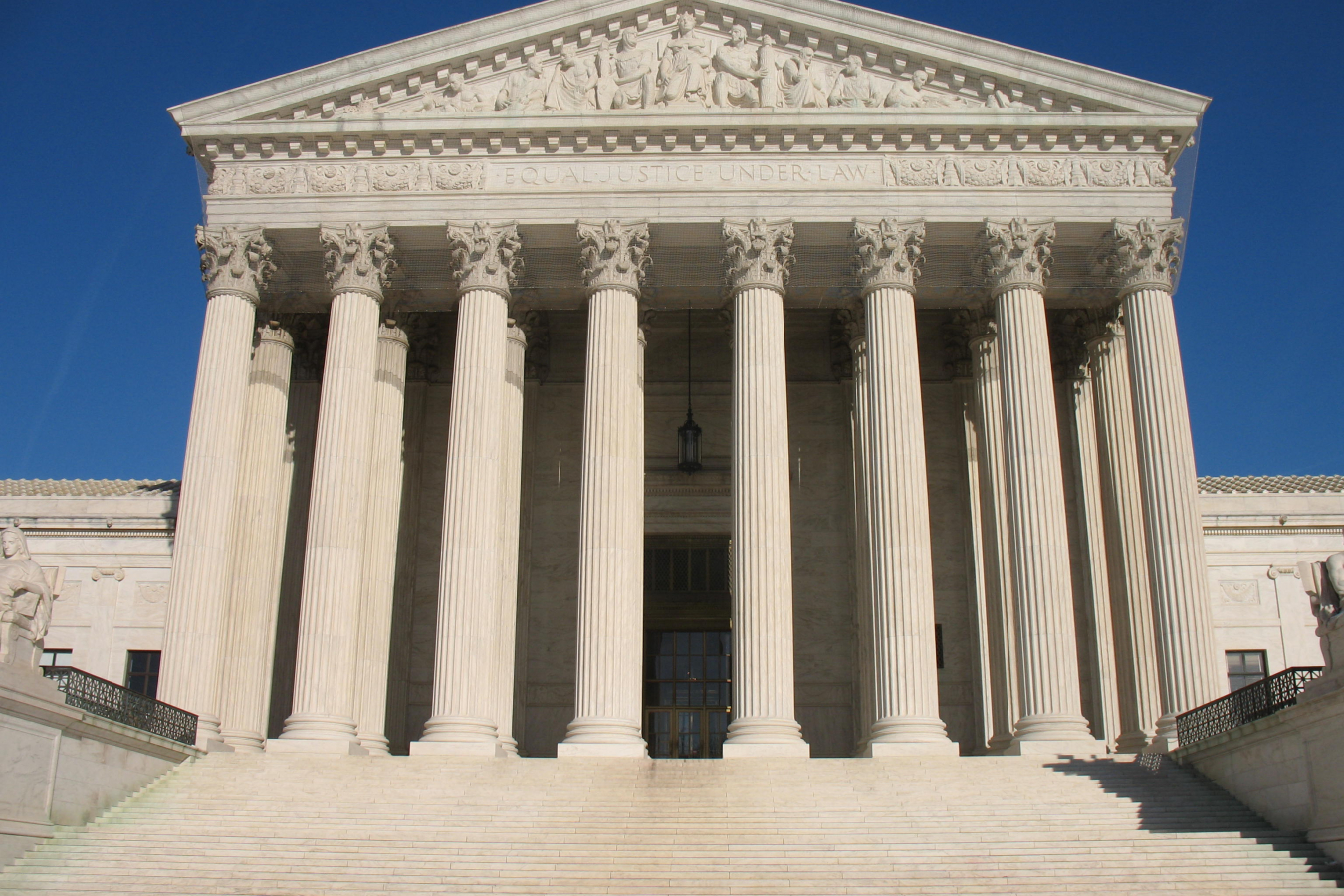Comments by Sanwar Ali:
Many people assume that the US President is "all powerful". This is not really true. There are a number of restrictions on the power of the US President. Both Trump and Obama found that they are very much restricted in what they can do as they need the support of both Houses of Congress. Much US immigration legislation is decades old because the Houses of Congress are unable to agree substantive immigration law changes.
Presidents are then left with other options to try and make changes such as using executive orders. However, Presidents trying to use their power to the greatest extent possible can lead to litigation that lasts for years. In addition, individual US States have a certain degree of autonomy to set their own laws. As Trump has just found California is allowed to take measures, to make it more difficult for his administration to move forward with some of the things that he wants to do with respect to immigration.
The US Supreme Court has snubbed an appeal from the Trump administration that sought to challenge immigration sanctuary laws in California. The Court did not disclose the reasons why it refused to hear the appeal.
However, according to a New York Times report, Justices Clarence Thomas and Samuel A. Alito Jr. said they would have granted the administration’s petition seeking review.
Under Californian sanctuary city laws, state officials are prohibited from informing federal officials about release dates for undocumented migrants held in state custody. The law also restricts the transfer of immigrants in state custody to federal immigration authorities.
A three-strong panel of judges for the United States Court of Appeal for the Ninth Circuit in San Francisco, voted unanimously on ruling that the federal government is not entitled to commandeer a state’s resources to further its US immigration agenda.
State law frustrates federal government immigration enforcement
Making the ruling on behalf of the panel, Judge Milan D. Smith Jr., said: “We understand that the state law may well frustrate the federal government’s immigration enforcement efforts.”
“However, whatever the wisdom of the underlying policy adopted by California, that frustration is permissible, because California has the right,” Judge Smith added.
The Trump administration reportedly told the Ninth Circuit that Congress, in enforcing US immigration laws, expected states to cooperate with the federal government. In response, Judge Smith said: “That is likely the case. But when questions of federalism are involved, we must distinguish between expectations and requirements.”
“In this context, the federal government was free to expect as much as it wanted, but it could not require California’s cooperation,” Judge Smith added.
Supreme Court Trump Petition
As part of the Trump administration’s petition submitted to the Supreme Court seeking a review of the case, lawyers for the federal government argued that state rules conflicted with federal law, which poses a risk to public safety.
An excerpt from the petition read: “When officers are unable to arrest aliens — often criminal aliens — who are in removal proceedings or have been ordered removed from the United States, those aliens instead return to the community, where criminal aliens are disproportionately likely to commit crimes.”
“That result undermines public safety, immigration enforcement and the rule of law,” the petition added.
Lawyers representing the state of California said that the federal government had no right to take over the state’s resources.
A briefing document issued by California state, said: “The federal government may not require the state and its political subdivisions to provide information or transfer individuals to federal immigration authorities, because doing so would conscript state and local officials into enforcing federal removal policies and would deny them the choice to decline to implement a federal regulatory program.”
The state’s lawyers argued that any threat to public safety would arise if state officials collaborate with federal officials. Lawyers said: “The state law has been adopted to address concerns that undue entanglement with immigration enforcement can deter victims and witnesses from reporting state crimes.”
“Meanwhile, cooperation with federal agents will divert limited resources from other activities that the legislature has determined will better protect local public safety,” lawyers added.
Workpermit.com can help with US employment-based visas
If you would like to apply for a US work visa – including L1 visas, E2 visas, O1 visas and H1B visas - Workpermit.com can help.
Workpermit.com is a specialist visa consultancy with over thirty years of experience dealing with visa applications. We can help with a wide range of visa applications to your country of choice. Contact us for further details. You can also telephone 0344 991 9222.




